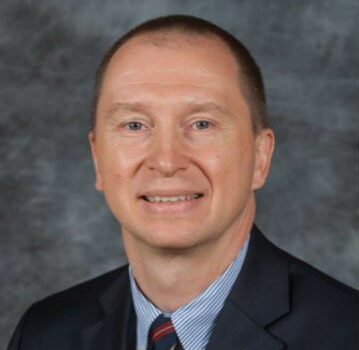By: Dr. Novikov Wellness and Skincare
You see your dentist for regular cleanings and your primary care doctor for an annual physical. May is Skin Cancer Awareness month and a great time to schedule your annual skin check. Skin cancer is typically the most treatable in its early stages and early detection is key.
It is easy to delay preventative appointments when there are no immediate concerns. A skin check appointment should not be one of those. In fact, it is important to see your skin care specialist to determine a baseline for what is normal for your skin. It will also give you a better understanding of your risk for developing skin cancer.
The American Academy of Dermatology notes
- 1 in 5 people will develop skin cancer
- Anyone can get skin cancer regardless of their skin color
- Men age 50+ are more at risk to develop melanoma
There are many things that add to your risk factors to develop skin cancer, such as
- Use of tanning beds
- Amount of sun exposure
- Family history of skin cancer
Perform self-skin checks
It is very important to perform regular self-skin checks. Be aware of suspicious spots and skin changes with areas of itching and bleeding.
There are some areas of your body which are difficult to see on your own, like on your head or back and behind your ears. This is why a professional skin exam is important.
The Dermatoscope for skin cancer treatment
A Dermatoscope is a specialized handheld instrument, which consists of a magnifying lens and a polarized light. It is a non-invasive and painless way to examine your skin in detail. Suspicious growths or lesions that may not be visible to the naked eye can be identified. The dermatoscope helps to see the color, shape and structures beneath the skin’s surface clearly.
- It can help to improve the accurate diagnosis and early detection of skin cancer.
- It may reduce the number of benign lesions excised.
- It helps to reduce the need for unnecessary biopsies.
- There are no risks in using the device; it can be used on all skin types and ages.
If the provider suspects skin cancer, the area of concern will be removed and sent to a lab to be looked at under a microscope. This procedure is a skin biopsy.
If the biopsy removes the entire tumor, it’s often enough to cure basal and squamous cell skin cancers without further treatment.
Surgery ensures complete removal of the lesion, minimal chance of it returning, and allows for tissue analysis to ensure there is no abnormal or unhealthy tissue left behind. A local anesthetic is used for the patient’s comfort.
Preventative steps you can take
The easiest step is to protect your skin as much as possible. When outdoors use a broad-spectrum sunscreen with at least a SPF30 and don’t forget to reapply.
Risk factors, prevention steps, and concerns should be discussed at your appointment with a licensed practitioner.
Dr. Mikhail Novikov, MD is Board Certified by the American Board of Wound Management as a Certified Wound Specialist Physician (CWSP) for Novikov Wellness and Skin Care at 318 Main Street in Northborough.
508-936-1657.
www.northborodoctor.com






